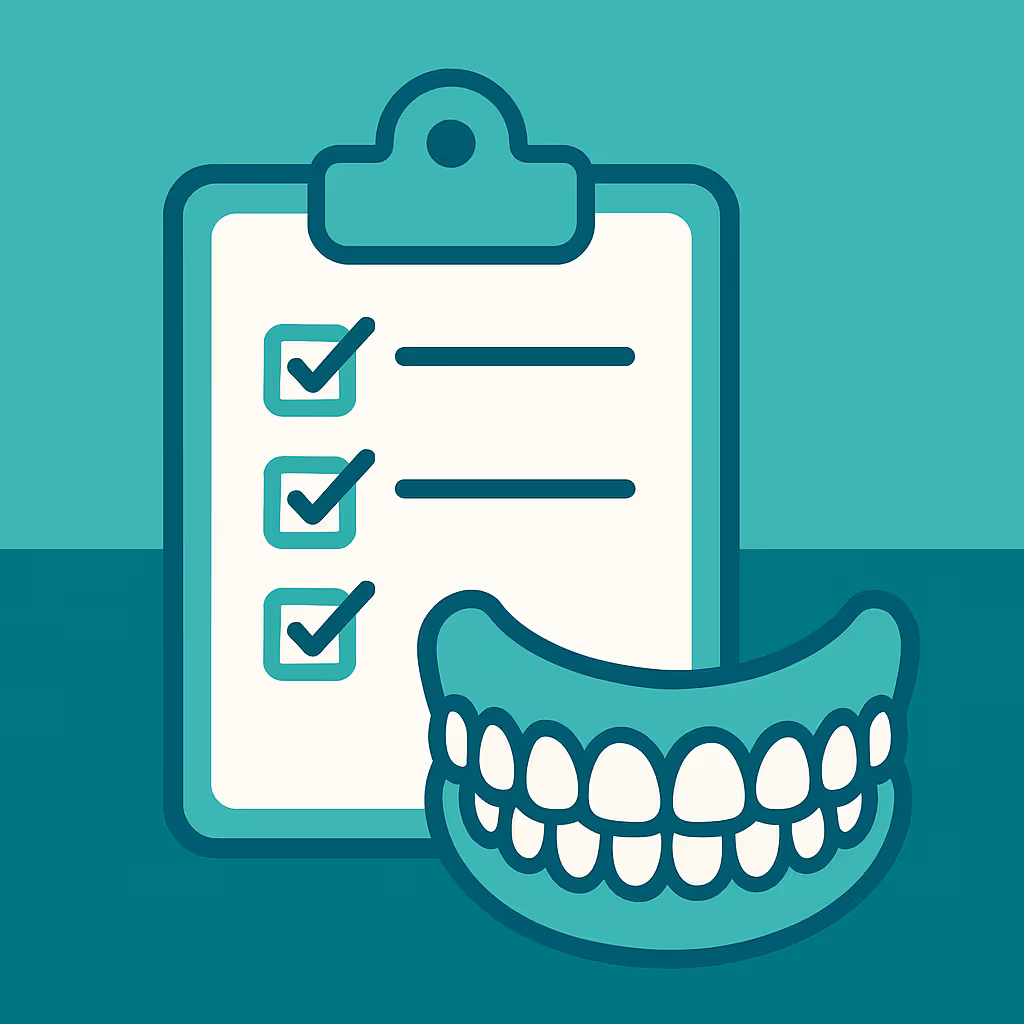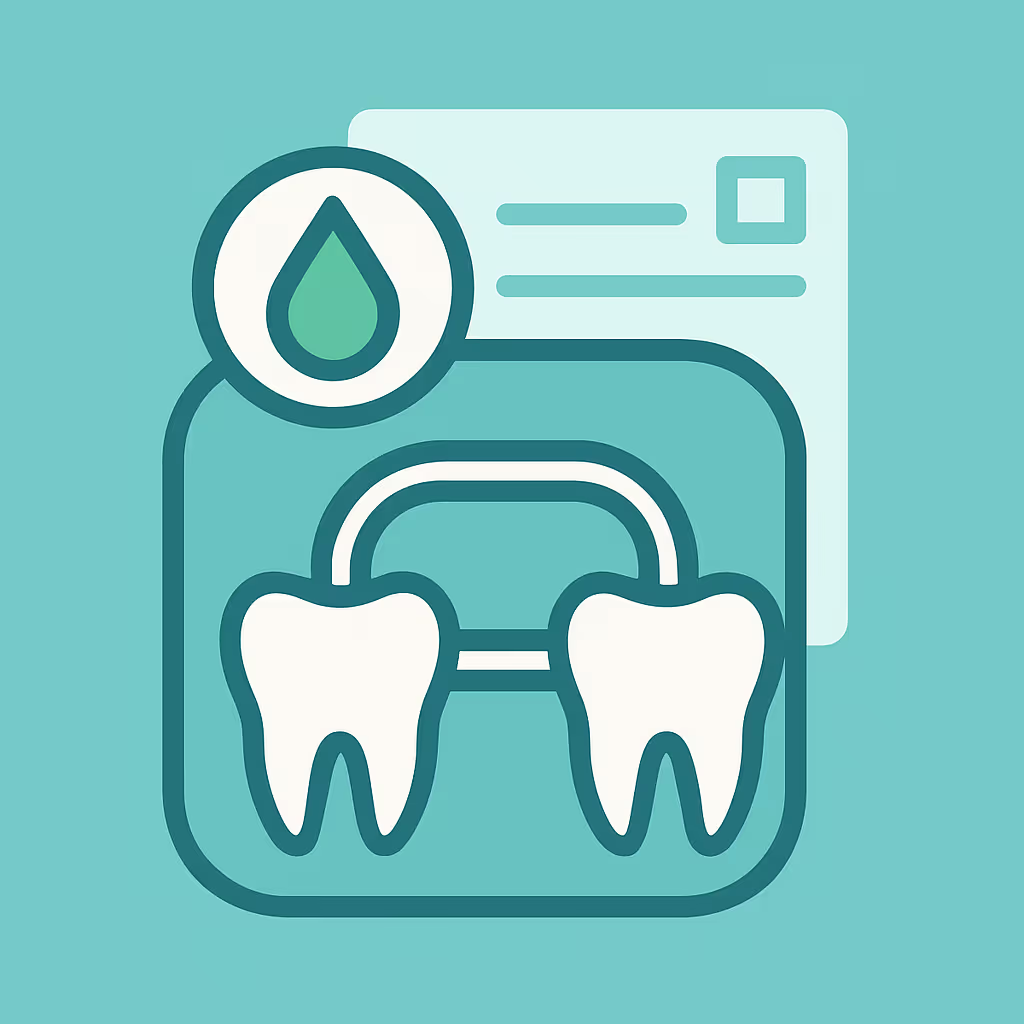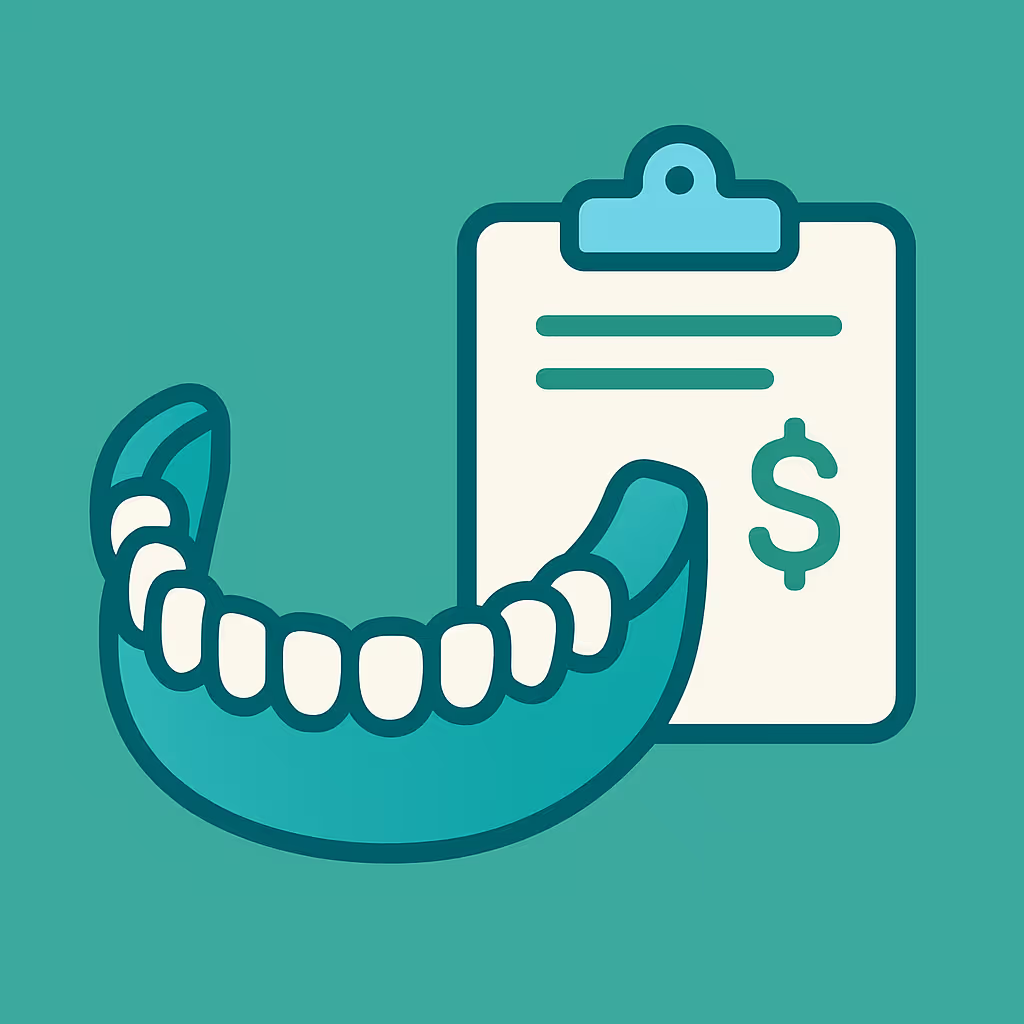Understanding Dental Code D0160
When to Use D0160 dental code
The D0160 dental code is designated for a "detailed and extensive oral evaluation – problem focused, by report." This CDT code is used when a patient presents with a complex dental issue that requires a comprehensive assessment beyond routine exams. D0160 is appropriate when the evaluation involves an extensive review of the patient’s dental and medical history, a thorough examination, and the development of a detailed report for diagnosis and treatment planning. Common scenarios include evaluating patients with multiple dental conditions, complex medical histories, or when a second opinion is sought for a challenging case.
Documentation and Clinical Scenarios
Accurate documentation is critical for successful billing of D0160. The clinical notes should clearly justify the need for a detailed and extensive evaluation. Best practices include:
- Chief complaint and history: Document the patient’s primary concern and relevant medical/dental history.
- Clinical findings: Record all findings from the comprehensive oral examination, including periodontal, occlusal, and radiographic assessments if performed.
- Diagnostic rationale: Clearly explain why a detailed evaluation was necessary (e.g., multiple missing teeth, complex prosthetic needs, or systemic health concerns impacting oral care).
- Report generation: Include a written report summarizing findings, diagnosis, and recommended treatment plan.
Example clinical scenarios for D0160 include evaluating a patient for full-mouth rehabilitation, assessing oral complications in oncology patients, or providing a second opinion for a failed implant case.
Insurance Billing Tips
Billing for D0160 requires attention to detail to ensure claim acceptance and minimize denials. Here are proven steps used by successful dental offices:
- Verify benefits: Before the appointment, confirm with the patient’s insurer whether D0160 is a covered benefit and if pre-authorization is required.
- Submit supporting documentation: Attach clinical notes, radiographs, and the written report to the claim. Clearly indicate the complexity and necessity of the evaluation.
- Use precise coding: Avoid upcoding or downcoding. Only use D0160 when the evaluation meets the code’s criteria. For routine exams, consider codes like comprehensive oral evaluation (D0150) or limited oral evaluation (D0140).
- Monitor EOBs and AR: Review Explanation of Benefits (EOBs) promptly and follow up on Accounts Receivable (AR) to address any denials or underpayments.
- Appeal if necessary: If a claim is denied, submit an appeal with additional documentation and a detailed narrative explaining the medical necessity of D0160.
Example Case for D0160
Scenario: A 58-year-old patient is referred for evaluation of chronic jaw pain, multiple missing teeth, and a history of oral cancer treatment. The dentist conducts a comprehensive review of the patient’s medical and dental records, performs a full-mouth examination, and consults with the patient’s oncologist. A detailed report is generated outlining the diagnosis, prognosis, and a phased treatment plan for oral rehabilitation. In this case, D0160 is the appropriate code, as the evaluation is both detailed and extensive, requiring significant professional judgment and documentation.
Using D0160 correctly not only ensures proper reimbursement but also supports optimal patient care by documenting complex cases thoroughly and transparently.





